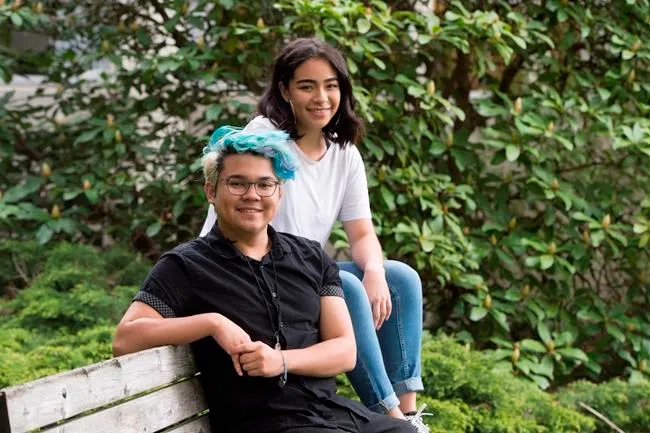
B.C. high school students who suffered in silence now helping others
VANCOUVER — At his lowest point in Grade 10, Joshua Ramos would walk the streets of his neighbourhood at midnight wearing headphones and wish for the music to drown out the dark thoughts that followed him everywhere.
At school, Ramos could barely make the effort to talk to anyone. Besides, he didn’t have the words to describe the hopelessness that kept him silent.
“As soon as school was over I’d go home as fast as possible, go to my room and go to sleep,” Ramos said, recalling the sinking feeling for which he had no name.
“I felt it was really draining to talk to other people and just be happy all the time,” he said of increasingly isolating himself from parents, friends and teachers.